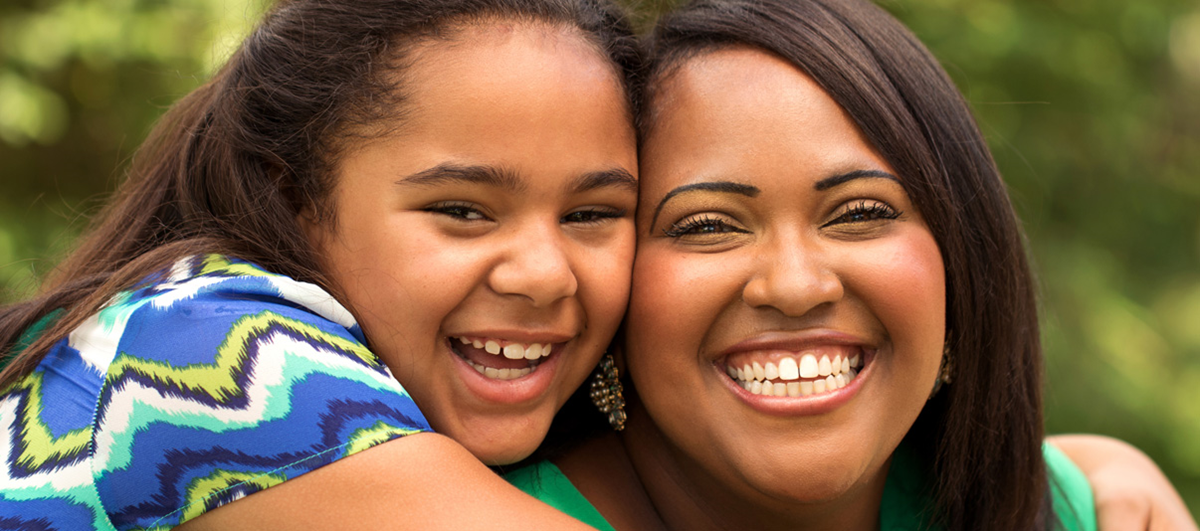Private fostering
When a child under the age of 16 (under 18 if disabled) is cared for 28 days or more by someone who is not their parent or a close relative, this is called a private fostering arrangement. It's a private arrangement as it's one made without the involvement of a local authority, between a parent and a carer. Such a carer is called a private foster carer and the child or young person is considered to be 'privately fostered'.
Close relatives are defined as step-parents, grandparents, brothers, sisters, uncles or aunts (whether of full blood, half blood or by marriage).

We have a legal duty to ensure that any child or young person is safe, well looked after and does not come to any harm in a private fostering arrangement, by making sure that he/she and their carer are visited regularly and where necessary offered advice and support. Support could be in the form of financial help in certain cases and/or information about any local support networks for carers. Carers may be able to claim additional benefits from the appropriate benefits agencies.
What you must do
The law requires you to notify Southwark Children's Services within 6 weeks of:
- your child going to stay with someone who is not a close relative for 28 days or more, or
- you looking after someone else's child for 28 days or more
If you know someone in a personal or professional capacity, you're also required to notify us of someone who is going to be privately fostering or has started privately fostering a child or young person.
How to notify Southwark Children's Services
To tell us about a child who is already staying with or is going to be staying with someone who is not a close relative, call the Assessment and Intervention Service on 020 7525 1921 or email mash@southwark.gov.uk.
Advice and information
We'll offer help and answer any queries you may have. We don't want to interfere with the private fostering arrangement - just ensure that it's meeting the needs of the privately fostered child or young person.
If you have a query or need advice or information, call us on 0207 525 1921.
Examples of private fostering arrangements
Private fostering situations can include:
- children or young people who are sent to this country for education or health care by their birth parents from overseas
- teenagers living with a friend's family because they do not get on with their own family
- children living with a friend's family because their parents' study or work involves unsociable hours, which makes it difficult to use ordinary daycare or after-school care
- children staying with another family because their parents have divorced or separated, are hospitalised or imprisoned
- a child from overseas staying with a host family while attending school, or overseas students at boarding school who stay with a host family during the holidays
More information
The British Association for Adoption and Fostering provides useful information for:
- privately fostered children and young people
- private foster carers
- those who work with children
- the general public
Page last updated: 18 January 2024
